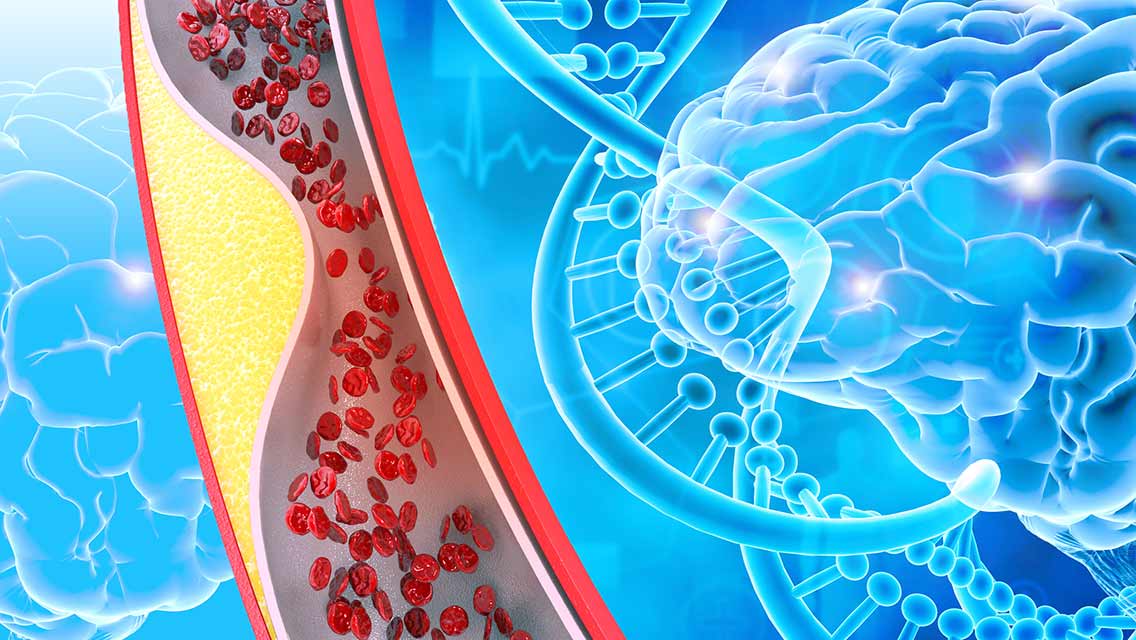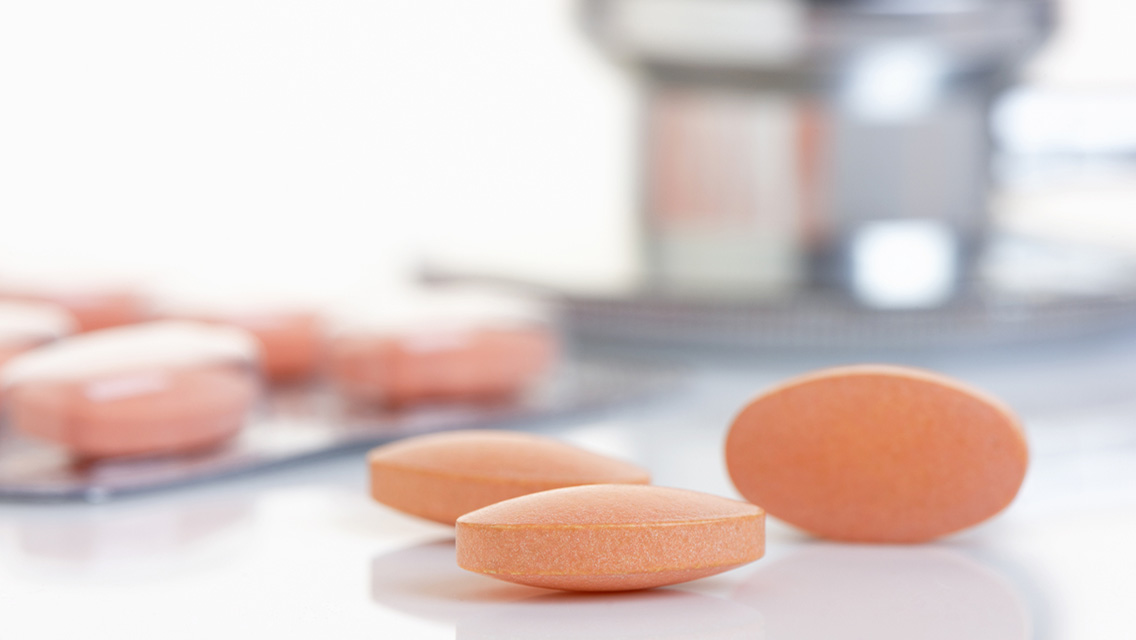I spent a few minutes last week lying on my back inside of a large, whining tube while it magically surveyed my aging arteries for signs of blockage. My doctor sent me there as a result of a blood test revealing a glut of cholesterol circulating in my bloodstream. It seems my perfectly acceptable levels of “good” HDL (high-density lipoprotein) cholesterol is negated by a surplus of the “bad” LDL (low-density lipoprotein) variety, a fact that my doctor feared had produced an accumulation of arterial plaque and increased the likelihood that I’d eventually be laid low by a stroke or heart attack.
It’s not often that I spend any time or energy parsing the various benefits and liabilities of the cholesterol family, but there’s something about lying on your back inside of a large, whining tube that tends to narrow your focus. So, I’ve become more interested than usual in the ways in which cholesterol supports — and upends — our overall health as we age.
I suppose it’s small consolation to the millions of Americans taking a statin every day, but it seems humans are generally cursed with a higher proportion of the plaque-inducing LDL cholesterol than its more heroic HDL cousin, which gamely tries to keep us alive by absorbing its badly behaving relative and delivering it to the liver to be flushed out of the body. It’s more complicated than that, of course, but that relationship seems to be at the heart of the bad–good connotation we’ve come to accept.
More intriguing for the geriatric set, however, is recent research suggesting that our HDL may be more heroic than we think. Certain particles found in our “good” cholesterol may work to hinder the onset of Alzheimer’s.
Hussein Yassine, MD, and his team of researchers at the Keck School of Medicine of USC recruited 180 seniors (average age of 77) and analyzed samples of their cerebrospinal fluid before conducting various cognitive tests. They suspected that the presence of a peptide known as amyloid beta 42 in the fluid would correlate with better brain function. “This study represents the first time that small HDL particles in the brain have been counted,” explains Yassine, an associate professor of medicine and neurology at USC. “They may be involved with the clearance and excretion of the peptides that form the amyloid plaques we see in Alzheimer’s disease, so we speculate that there could be a role for these small HDL particles in prevention.”
The results, published in Alzheimer’s & Dementia: The Journal of the Alzheimer’s Association, noted that those participants with more robust levels of amyloid beta 42 performed better on the cognitive tests than their counterparts displaying less of the peptide, after adjusting for various demographic factors and the presence of the APOE4 gene, which increases the risk of developing dementia.
Complicating the thesis, however, is the often unruly behavior displayed by amyloid beta 42. Under ordinary circumstances, the peptide insulates the brain and nerve cells to facilitate smooth communication and prevent inflammation while also helping to grow and repair neurons. If it happens to misfold and clump onto neurons, however, it can contribute to Alzheimer’s.
“What we’re finding here is that before the onset of cognitive impairment, these oils — these small HDL particles — are lubricating the system and keeping it healthy,” Yassine explains. “You’ve got a time to intervene with exercise, drugs, or whatever else to keep brain cells healthy.”
The trick, he admits, is to figure out just how the body might produce more of these peptides and then turn it over to Big Pharma to create a drug that reliably accomplishes that goal. “We still need to understand the mechanisms that promote the production of these particles, in order to make drugs that increase small HDL in the brain.”
I suppose I can count myself lucky, despite my longtime aversion to pharmaceutical remedies, that I don’t have to wait for some drug company to come up with a pill designed to mitigate the problematic blockage revealed by last week’s heart scan. I simply pedaled over to the pharmacy and picked up my statins. No whining involved.





This Post Has 0 Comments